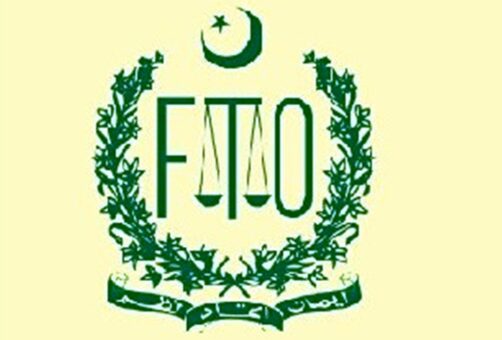KARACHI: Federal Board of Revenue (FBR) has been urged to allow commercial import of used and reconditioned cars of models up to five years old to end monopoly of local car assemblers.
Karachi Chamber of Commerce and Industry (KCCI) in its proposals for budget 2021/2022 recommended the commercial import of used and reconditioned motor cars up to five years old.
The chamber said that during the past 40 years, assemblers of automobiles have enjoyed protective duties, exemptions and virtual monopoly in Pakistan’s automobile car market.
Contrary to initial agreements, the assemblers failed to implement deletion program up to 90 percent. Instead, they are importing CKD while they have created vendors who mostly import auto parts and supply to these assemblers.
Consequently, the so called vendor industry is only producing low quality and non-mechanical parts which is clearly visible in locally assembled cars.
So far the assemblers have only drained Pakistan’s foreign exchange reserves to the tune of billions of dollars.
Quality of automobiles produced by the assemblers is so poor that not a single unit of these cars has ever been exported to any country.
Despite such poor quality, artificial shortage is created to fetch a premium on the early delivery and allow undocumented investors to exploit genuine buyers.
The chamber said that import of reconditioned cars more than 3 years old model has been restricted to favor the assemblers and exploit the middle class people of Pakistan who can no more afford to buy even a small 660cc to 1000cc imported or local car.
Ironically, import of brand new cars of high capacity and premium brands is allowed which only benefits the elite. Middle class consumers have been deprived of their right to purchase reasonably priced used/reconditioned cars which have a better quality and safety standard than the locally assembled new vehicles.
Clearly there is an element of corruption, connivance and vested interest involved in formulating auto-policies. Unfortunately, the vested interests are also resisting to change the policy to allow import of reconditioned cars by reducing the Tariff rates and also permit import of cars of up to five year old models.
The chamber further said that enough protection has been given for decades to assemblers.
The chamber has given a comprehensive tariff plan for import of used and reconditioned cars.


